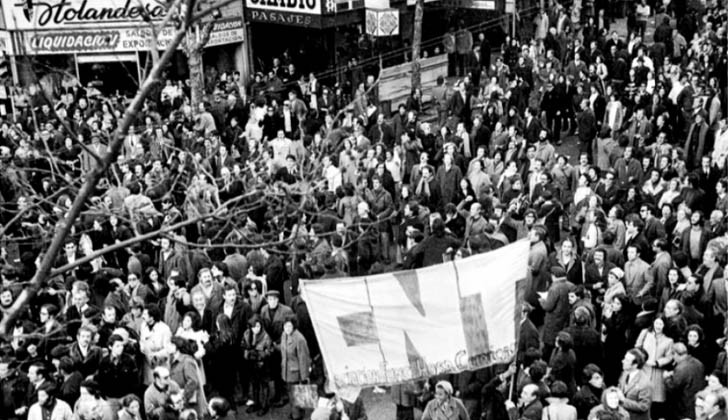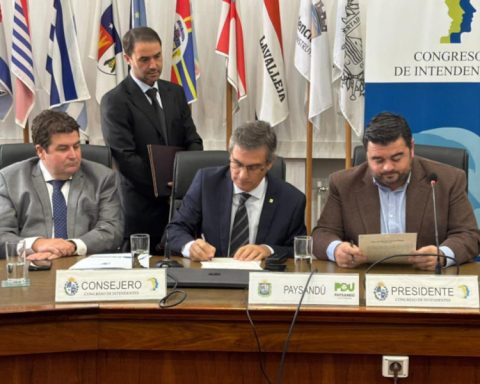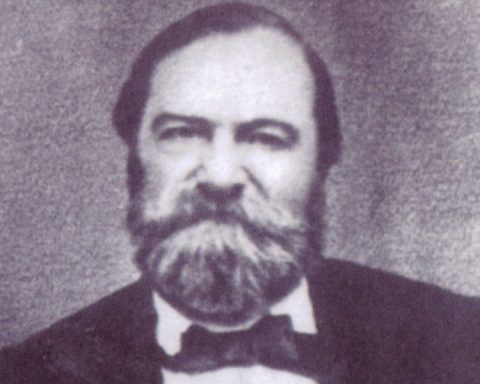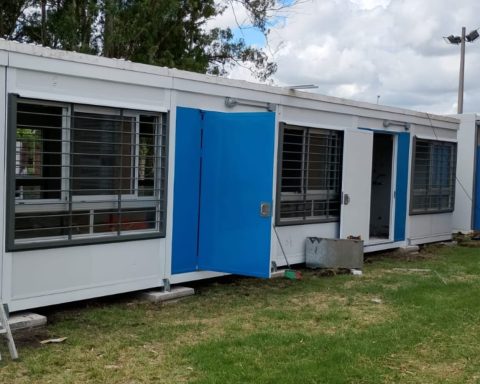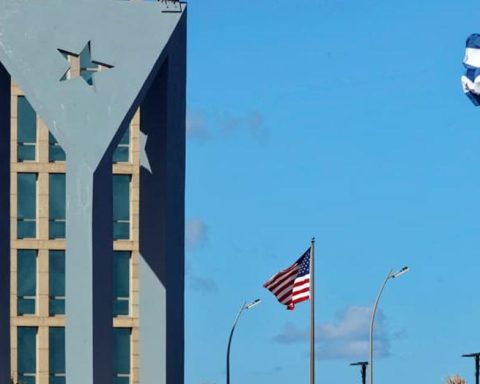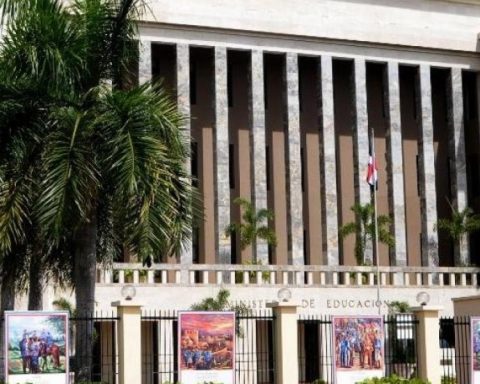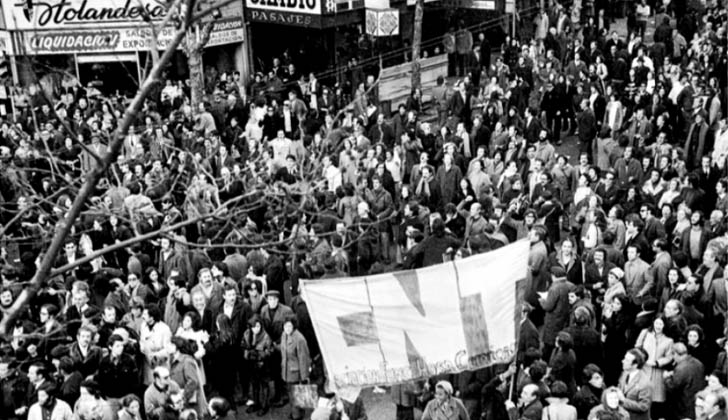
Next Monday June 27 marks the 49th anniversary of the dissolution of the legislative chambers and the civic-military coup d’état, which was resisted by the two-week general strike by the CNT, with the occupation of workplaces, accompanied by the Federation of Students of Uruguay, social organizations and some political organizations.
“The trade union movement responded to that violation of the Constitution of the Republic, in many cases leaving their lives, with struggle and a general strike that for 15 days maintained the demand for democracy and freedom. Then would come the resistance, more torture, more disappearances and finally the deafening cry of freedom and democracy that took over the streets and became the act of Workers’ Day, on May 1, 1983,” the trade union center recalled through a statement.
This Monday, June 27, the workers’ union calls for a concentration and act, starting at 6:00 p.m., on the esplanade of the University of the Republic.
Likewise, at the headquarters of the PIT-CNT, at 1283 Jackson Street, the delivery to the trade union center of historical materials of the working class will take place, 49 years after the coup d’état and the beginning of the heroic General Strike.
historical review
The workers’ union recalls that on August 14, 1968, prior to the coup d’état, the student Líber Arce died, wounded at the gates of the Veterinary Faculty. “His name became a slogan and his death moved the country and marked an entire generation of young people to this day, mostly students, but also workers and intellectuals. Then would come the long list of deaths.”
Likewise, the PIT-CNT cites the book “Brief History of the Dictatorship” by historians Gerardo Caetano and José Rila who indicate that “one day before the coup d’état, a group of foreign businessmen and investors from Business International had held a ‘meeting ‘with representatives of the Armed Forces (General Gregorio Álvarez, Captain Hugo Márquez and Colonel Abdón Raimundez), proposing to them the need to ‘end the strikes, depoliticize the workers and privatize the public sector’”. Meanwhile, on the same morning of the 27th and automatically complying with the previously defined resolution, thousands of workers occupied their workplaces, thus initiating the anti-dictatorial general strike, the true axis of the first anti-coup resistance.
Subsequently, on July 9 there was a massive demonstration on 18 de Julio Avenue, which was violently repressed by Army troops.
Among the hundreds of arrests during the concentration or at the end of it, that of General (r) Líber Seregni stood out, who would be subjected to Military Justice, and later demoted from his military rank, remaining in prison (with a brief interval of provisional release) until the beginning of 1984.
While on July 11, at a meeting of 43 workers’ organizations, with 40 votes in favor, two against and one abstention, “the CNT decided to lift the general strike, undoubtedly closing an entire first stage of the anti-dictatorial struggle ”.
